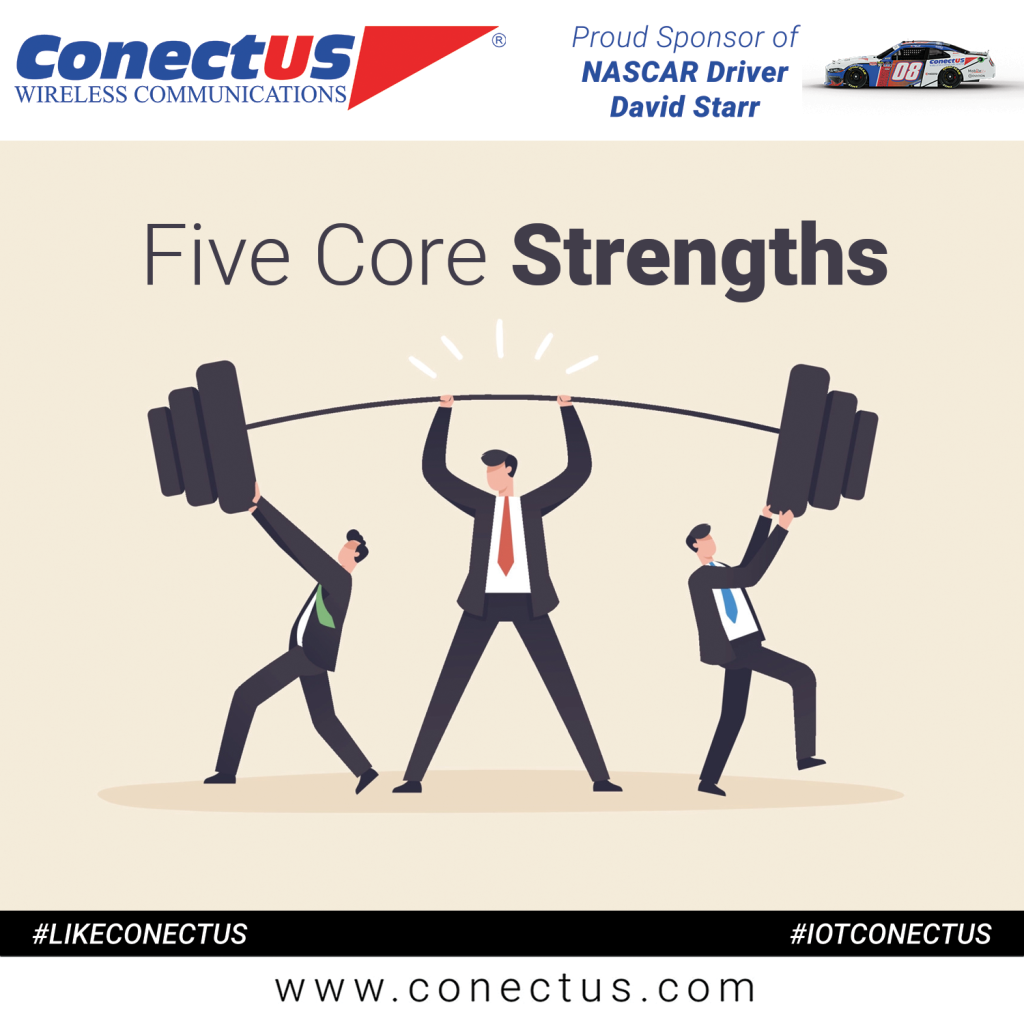Today we look more closely at five core strengths and how they can be put to good use in your sales strategy. Strengths generally fall into one of five categories, each with a specific action plan that can maximize your chances of securing new business.
1. A superior solution
You may have a superior solution over your competitors, but it is no guarantee that you will win the business. The key is to highlight the value your solution will create for your client.
This is done by focusing on the benefits your client will enjoy with your solution, rather than the features. Unless your client has a clear perception of how your solution’s features will translate into benefits for them, you run the risk of your superior solution being weakened.
Specifically, you should carry out the following:
- Draft a proposition that identifies the value your solution will create and use this to open up discussion with decision-makers.
- Obtain the support of the decision-makers whose personal interests are most closely aligned with the value you will create.
- Identify the decision-makers who may be left behind or suffer personal loss from your solution. Give them a win where you can.
- With a strong solution, you are likely to be delivering value at a number of points. List these points and assist your client to use them as a checklist to evaluate other contenders.
2. A price/cost advantage
Once again, just because you have a strong price/cost advantage, you shouldn’t expect to automatically win the business. There are other important factors that must be addressed to support your price advantage. These include:
- Identify the decision-makers who are most concerned with cost and build their support.
- Identify what your price/cost advantage makes possible for your decision-makers and sell that future to them i.e. spending less with you may free up money to do something else. If you have the price/cost advantage, those other things may only be possible with your solution. Therefore, they become elements of your value proposition. Highlight and sell that fact.
3. You were the first to open dialogue
In some industries being the first to open up the dialogue can bring great rewards. Most significant is that you have time to plan your business development strategy while your competitors are playing catch up.
To further enhance your chances, consider the following actions:
- Offer to write the tender (if there needs to be one). This is a great opportunity as you can tailor the tender to include the areas where you know you will deliver value. Some caution is required for this method, however, as some industries may view this as unethical. In government tendering, for example, you would almost certainly be disqualified for doing this and it would compromise your supporter’s reputation. So maintain caution and remain ethical at all times.
- Acknowledge that even though you proactively opened up the discussion, your client will probably have to explore other alternatives. Facilitate this evaluation and stay as close as your client will allow. It will happen with or without you so your strategy is to preserve your front-runner status.
- Anticipate what advantages your competitors will have and prepare appropriate responses.
- If your front-runner status gives you a time advantage, use it to paint a picture of life with your solution for your client and sell that future to them.
4. Strong credibility
Credibility comes from a number of sources:
- Personal credibility – you may hold special qualifications that make you an expert in your field or maybe you have a history of always delivering on your promises.
- Corporate credibility – your company may be renowned for its products or services.
- Past Performance – credibility may come from strong past service or product performance with this particular client.
Depending on the source of your credibility, you can perform the following actions:
- Research past performance and draw out relevant case studies.
- Identify beneficiaries of your past performance to uncover a broader range of supporters.
- Seek testimonials from your supporter base.
- In your discussions with decision-makers, get them talking about the outcomes of your strong past performance and the value you created. Words that come out of their mouths will be much more convincing than words coming out of your mouth.
5. A deep understanding of the decisions maker’s motivations
It is important to consider both personal and business motivations for making a decision. Analyze the personal impacts on all the decision-makers, rather than focusing solely on the business aspects of your proposal.
- Identify who will win personally if your solution is chosen and sell that benefit.
- Identify which decision-makers may face a personal loss if your solution is chosen i.e. could their position be in jeopardy? If this situation exists, see if you can make an accommodation for their future e.g. taking them into your business. Whatever your plan, make sure you identify these risks and deal with them effectively.
While coming from a position of strength gives you a huge head start, closing the deal requires you to identify and maximize your strengths throughout the sales process.
Are you interested in selling Verizon Wireless services? Call us at (855) SELL-VZW or fill out the form below. We look forward to talking to you soon!
[ccf_form id=”948″]



